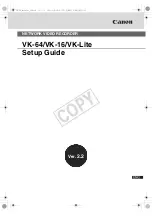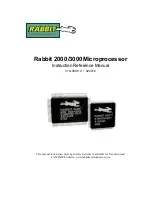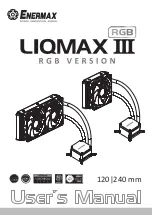
One Sheet
G1672B
©2007-2008 Cisco Systems, Inc. All rights reserved. Product features subject to change without notice. Cisco, Cisco Systems, the Cisco logo, the Cisco Systems logo, Scientific Atlanta, and Prisma II are
registered trademarks or trademarks of Cisco Systems, Inc. and/or its affiliates in the U.S. and certain other countries.
All other trademarks mentioned in this document are the property of their respective
owners.
Scientific Atlanta, Inc.
5030 Sugarloaf Parkway
Lawrenceville, GA 30042-5447 USA
Tel: 770.236.5092
Contact: [email protected]
www.scientificatlanta.com
Prisma II XD Chassis features:
Chassis height is only 3RU; houses up to 16 high density modules
•
Highest density optical transport chassis in the industry
•
5.3 transport modules per 1RU of rack space
•
Compatibility with the Prisma II HD modules
AC or DC powered
•
Two slots on the rear of the chassis for AC modules – modules
are field replaceable, redundant and load sharing
•
DC power can be wired directly to the chassis without the need
for a power supply module – reduces deployment costs;
redundant power connections provide power sharing from
chassis-to-chassis
All RF connections are made in the rear of the chassis
•
RF connections for each module are made by a high-reliability
blind-mate connection on the inside backplane – no need to
physically connect the RF cables to each module; very easy to
plug-and-play
All optical connections are made in the front of the chassis
•
Laser modules are designed with optical bulkheads at a 45
degree angle for eye protection as well as for improved fiber
management
•
A fiber trough has been designed into the front of the chassis
for improved fiber management
•
A dedicated access conduit has been designed into the
chassis to help route fiber from the front and rear of the chassis;
integrated fiber puller
A local craft port is provided on the front of the chassis for
convenient installation setup.
The communication connections are located at the rear of the
chassis; IN/OUT connections include the Element Management,
the ICIM, and the alarm contact closure block.
Three field replaceable fans on the rear of the chassis; the system
can run on two fans in the event of a single fan failure.
Excellent thermal design yields superior power efficiency,
operating at approximately 54 watts per rack unit
•
Each high density modules dissipates approximately 7.5 Watts.




















